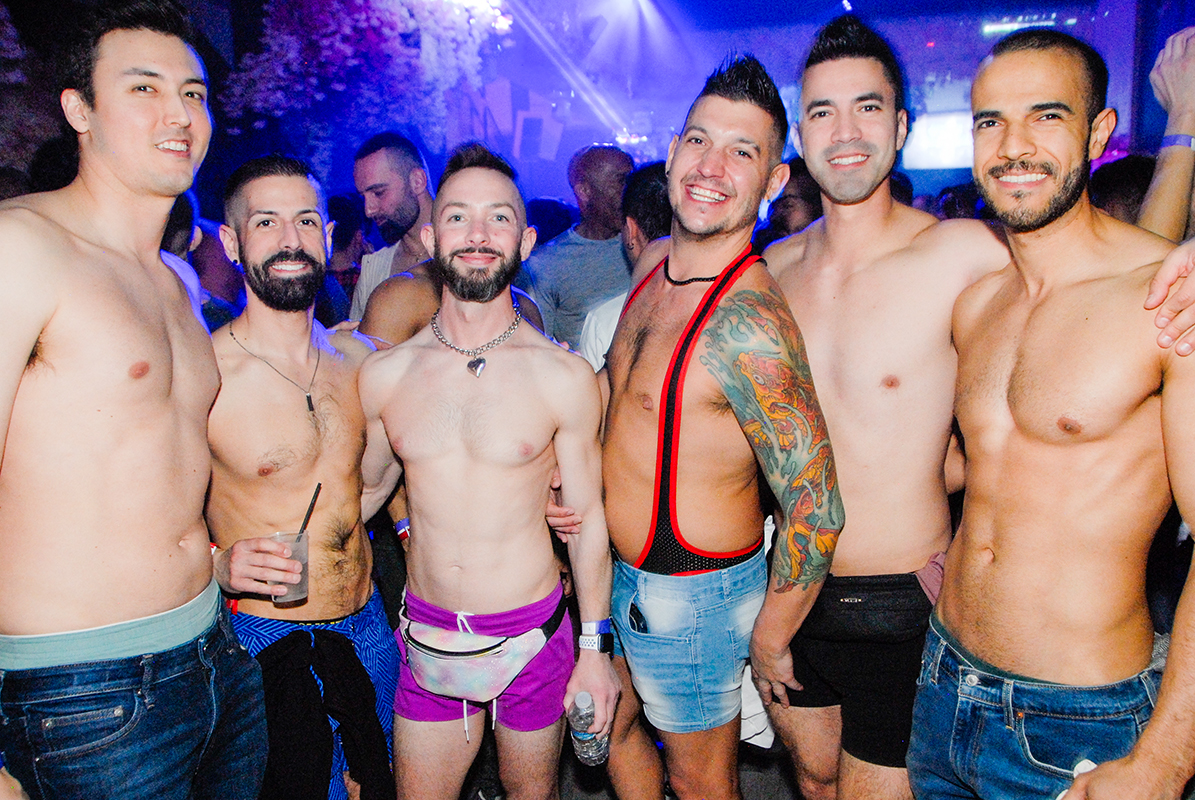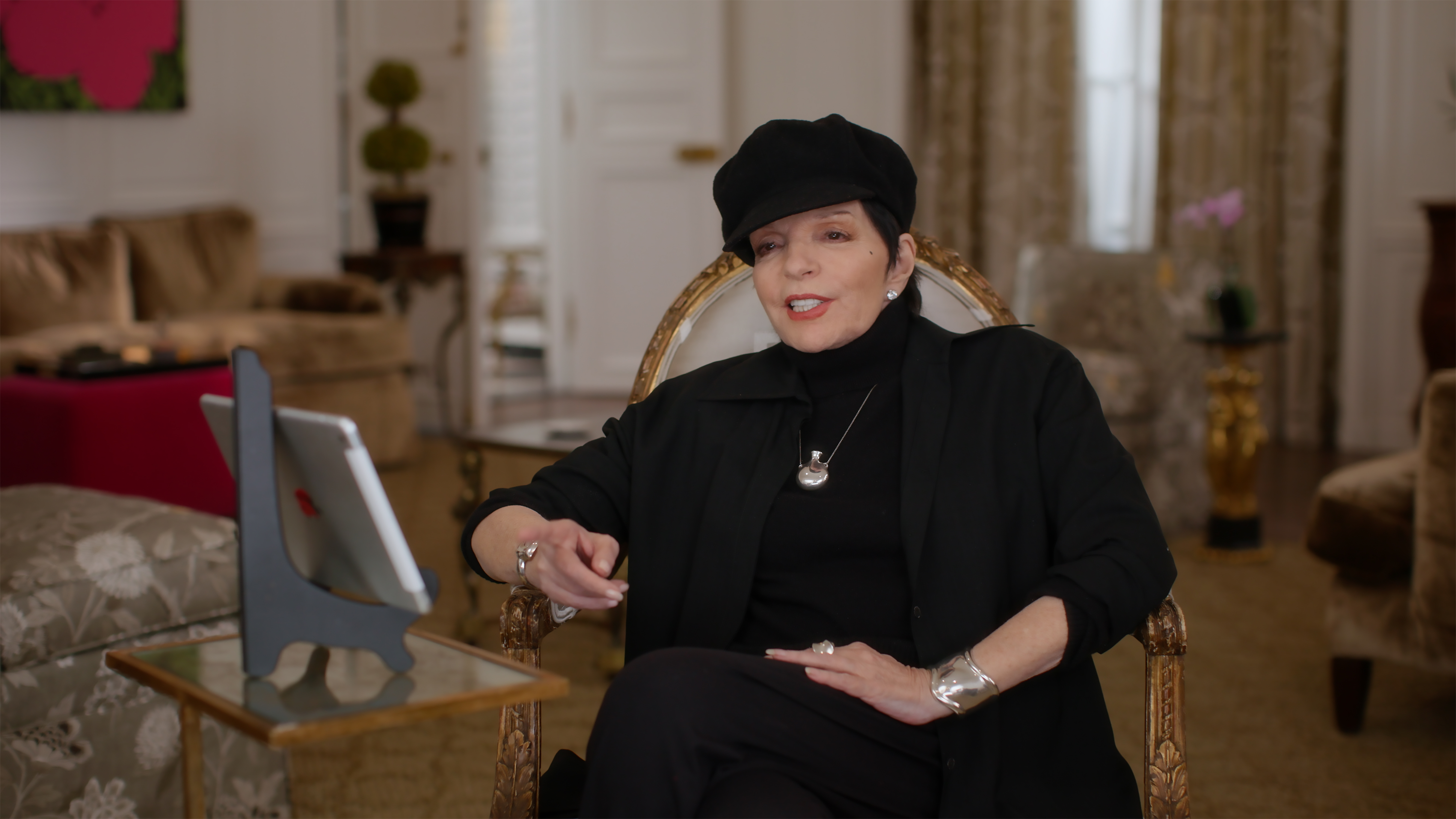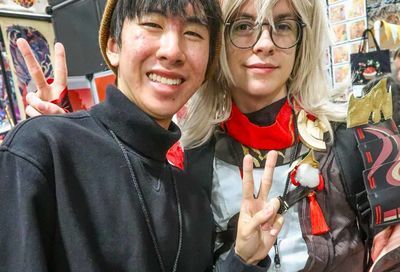The Vixen on her Drag Race performance: “Hopefully I changed the game”
Season 10's "villain" discusses her exit, future music plans, and changing the conversation around queens of color

Every story needs a good “bad guy” (or girl). And, with a reality show, whether audiences love the baddies — or just love to hate them — fans always seem to remember the villain.
The Vixen might have stepped into the villain role from the very moment she arrived on Season 10 of Rupaul’s Drag Race — “I’m just here to fight!” — but that’s not necessarily how she’d like to be remembered. Sashaying away from the competition after her third trip to the bottom and a tight lip-sync against Asia O’Hara, The Vixen considers herself more truth-teller than troublemaker.
But the busy Chicago-based queen is shrewd enough to realize that keeping it real often can be read as causing conflict. So she’s ready to retrain the focus on her artistry, rather than her attitude. As she and Season 9 standout Shea Coulée prep a followup to their collaboration on Coulée’s club track “Cocky,” the Vixen plans to continue making music, repping her hometown, and, of course, speaking her mind.
METRO WEEKLY: Did you come into Season 10 thinking you might play the villain role?
THE VIXEN: Definitely, I know that outspoken people, especially people of color, are often villainized. So I went in wanting to own it, and being aware of it. Instead of falling victim to the edit, or the audience’s perception, I wanted to go in with full knowledge.
MW: Since you brought up the perception of people of color, on the show Asia referred to you as an angry black woman. Is that reducing things to a stereotype? Because there are all kinds of angry people.
VIXEN: I think the angry black woman is very valid. I think one of my favorite quotes is, “If you’re not angry, you’re not paying attention,” which is something that I really live by. There is plenty to be mad about and I think if we don’t address issues, then they don’t get solved. We don’t advance in any way. We don’t come to any understanding. I think a lot can be learned and achieved through conversations, confrontations, arguments, debates. I don’t think the problem was that I was an angry black woman. I think the problem was that the reasons I was angry were invalidated or ignored. You know what I mean?
MW: To that end, you said in one episode that you felt you didn’t have any friends in the workroom. Looking back, do you still feel that way?
VIXEN: Oh, at that time? Definitely. I think those girls, now… Either the time that we’ve spent off-camera or through watching the show, I think there’s a lot more understanding of me from my sisters, but in the moment, at that time, I think we were playing a very different game.
MW: What do you mean by that?
VIXEN: If you think for instance, the way that we answered the question “Who should go home?” Last week, I answered it based on whose feelings I was willing to hurt. I think the girls were thinking about the judges’ critiques, what the judges wanted them to say or what they felt was the most politically correct answer. You know what I mean? I think they were trying to give an unbiased answer, and I was more so considering everyone’s feelings.
MW: How have people in your life responded since the show began airing?
VIXEN: Oh, it’s been really good. I rep Chicago hard. I was very appreciated, and I’m a Chicago born-and-raised queen. So I have friends, family, co-workers, schoolmates, all of that that are all in Chicago, so there’s a lot of love.
MW: It seems that right now the Windy City drag scene is really full of energy. Do you feel that there’s something specific driving it right now?
VIXEN: Yeah, I think, one, Chicago queens are just resourceful. We have some of the most crazy weather in the world. It’s very unpredictable, so I think Chicago queens are boy scouts, and because we have such a big, gay nightlife scene, we have a lot of gay clubs, so there’s a lot of opportunity for queens to grow, do their own thing. You don’t have to fit one mold. There’s always a club. There’s always a show that you will fit into somewhere, and if there isn’t, you can create one yourself, which is beautiful about Chicago’s drag. So I think we’re having like a renaissance of art and opportunity for art. I truly believe that art is at its best in times where politics are awry, and so I think there’s a lot to express at this moment in history. I think Chicago’s a very progressive place to do it.
MW: You contributed a strong verse to Shea Coulée’s rap track “Cocky.” Is that a word you would use to describe yourself?
VIXEN: I don’t know, because it’s that thing where words mean things but the perception is completely different. Cocky means that you’re sure of yourself, and you’re proud or boisterous about your abilities, which of course I am. But the issue is that somehow that’s a bad thing.
MW: Have you recorded more music?
VIXEN: I have. Me and Shea have even done another song together that I think we’ll be putting out someday soon. I don’t want to jinx it, so I’ll leave it there. But yeah, I’ve been recording music ever since I got back from the show, and I really want to just make sure that it is right. I’ve been writing music my whole life, so it’s not a “Oh, I got on Drag Race, I should put out a song” type of situation. I really want to take special care with it and put intent and time and energy in it.
MW: How would you describe the song that you two are working on?
VIXEN: I would call it political art, and one of our favorite things to say is Disco Trap.
MW: How did you get started performing?
VIXEN: My whole life I’ve been a choir kid, a show choir kid, theater student, all of that. So it’s been very natural. I used to sing in my grandmother’s listening room with scarfs wrapped around my head as wigs, and dresses and stuff like that, so I’ve been a performer since birth. And as I got older, I couldn’t pick a major in college, so I was like, “Okay, so the only thing that will allow me to do hair, music, dance, makeup, all of those things is drag.” So that’s where Vixen came from. It was the only place that I could do all the art that I loved.
MW: Something that gets overlooked on Drag Race — or just in drag in general — is how committed each of the performers have to be to achieving certain shapes or looks. What’s an example for you of the most committed you’ve ever had to be for a look?
VIXEN: Oh I would say I hate to tuck. So if I can avoid it, I will. My clear runway [Winter Realness look] on Episode 4, the bathing suit was literally nothing. It was the only time on the show that I absolutely needed to tuck, and so not only was I naked, I was naked and tucked and just the most uncomfortable that I could ever possibly be on television.
MW: Moving forward, how do you want to be remembered on Drag Race?
VIXEN: Hopefully I changed the game. Hopefully there will be better conversations had. I hope that queens of color will be perceived differently, and handled with care.
Rupaul’s Drag Race Season 10 airs Thursdays at 8pm on VH1.
Support Metro Weekly’s Journalism
These are challenging times for news organizations. And yet it’s crucial we stay active and provide vital resources and information to both our local readers and the world. So won’t you please take a moment and consider supporting Metro Weekly with a membership? For as little as $5 a month, you can help ensure Metro Weekly magazine and MetroWeekly.com remain free, viable resources as we provide the best, most diverse, culturally-resonant LGBTQ coverage in both the D.C. region and around the world. Memberships come with exclusive perks and discounts, your own personal digital delivery of each week’s magazine (and an archive), access to our Member's Lounge when it launches this fall, and exclusive members-only items like Metro Weekly Membership Mugs and Tote Bags! Check out all our membership levels here and please join us today!























You must be logged in to post a comment.